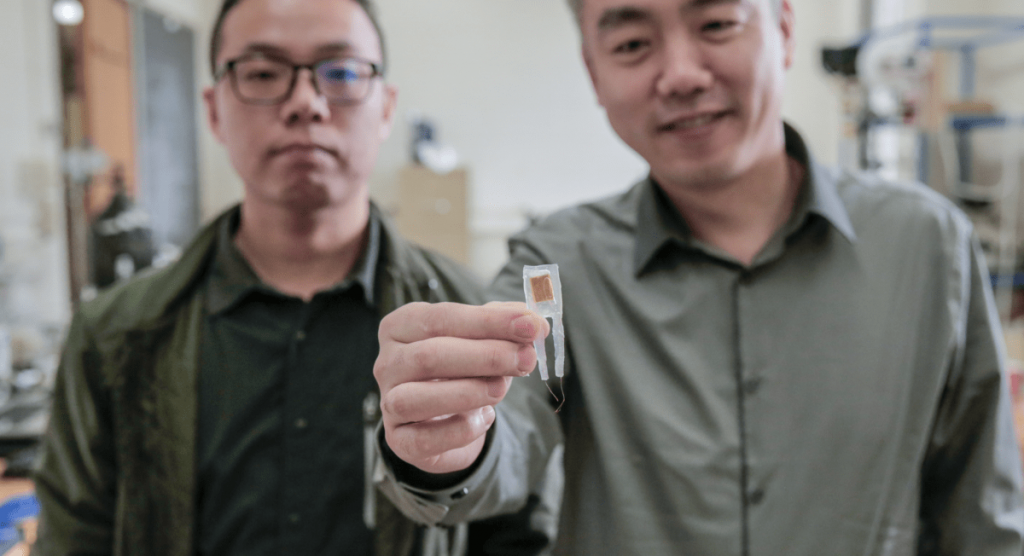In order to lose weight, we diet, we do exercise and we try all weird ways we can find on the Internet. Regardless of your gender and age, weight can be a nuisance. If you are not persevering enough, next thing you notice in your 30-day plan will be you stuffing unhealthy food in your face or you lounging at home instead of working out, or both.
Professor Wang Xudong from the University of Wisconsin-Madison has invented a weight-losing chip for those of you, who lack perseverance, but still want to lose a few pounds. As long as you have this chip in your stomach, it starts functioning through inducing a false satiety.

Satiety is one of the keys to weight-losing. Through the sense of satiety, your appetite can be controlled. It works similarly as some common weight-losing methods, for example, consuming sweet potato, oat and chia seeds, which are known to be full and satisfying, and thus, reduce the impulse to eat, which is good for weight-losing.
The chip is smaller than 1 cm2 . When it’s inserted in your stomach, it stimulates peristalsis. The activity in the stomach creates an illusion of satiety in our brain. As a result, you are likely to eat less, and are able to lose weight.
The chip underwent animal test. In the first 25 days, the weight of the mice significantly dropped. Only after the 25th day, it levelled off. The test lasted for 100 days and the mice had a dramatic decrease of 38% in their weight. It was believed that the result would be especially prominent on small and light animals like mice. Therefore, the chip would be further tested on animals of a larger size, and finally on us, humans.
With this chip, you can consciously, eat as usual while unconsciously, eating less. You can lose weight as a couch potato. Would you rather insert this chip or opt for the old-fashioned way of weight-losing?
Cr: Nature Communications



